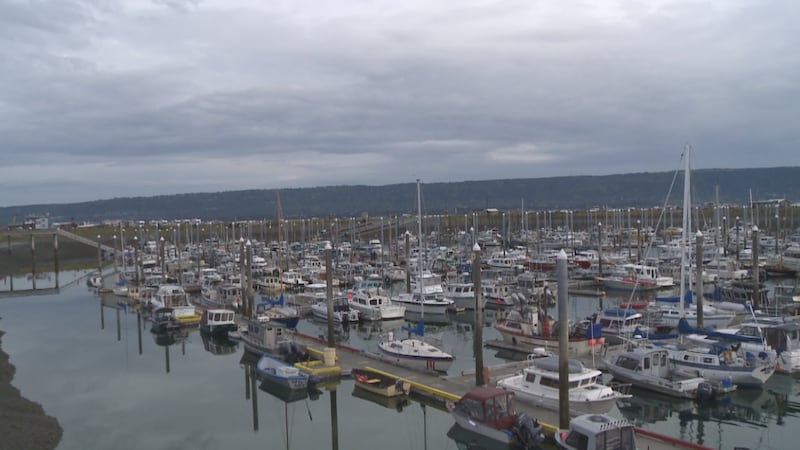Anchorage sales tax proposal postponed indefinitely by Assembly Tuesday night
ANCHORAGE, Alaska (KTUU) - Anchorage Assembly Members voted 8-4 Tuesday to postpone a proposal that would put a 3% sales tax before voters in a special election — tentatively scheduled for Sept. 2.
The proposal would have required approval by at least eight Assembly members before it could be placed on the ballot.
Roughly 15 Anchorage residents gave public testimony speaking in favor and opposition to the sales tax proposal.
“All the belt-tightening in the world is not going to create enough funds to make major capital improvements,” West Anchorage resident Laile Fairbairn said.
Some Assembly members against the proposal advocated for more community engagement.
“All we would be doing is replacing property tax that we already have,“ West Anchorage assembly member Anna Brawley said. ”We need to engage people in why we are where we are, why we came to this place in the last 30 years, that these are not new issues. These are things that have been slow-burn issues for at least a generation. And we also have to ask people what are you willing to pay for."
The proposal would use two-thirds of the revenue collected to help reduce property taxes and use the remaining third to fund voter-approved projects designed to enhance the quality of life in Anchorage.
As explained in a municipal website outlining the proposal, not everything would be subject to the tax. Exemptions include groceries, rent, childcare costs, medical services, and gas.
South Anchorage assembly member Zac Johnson highlighted the “incredible amount of work” put in by the Anchorage Economic Development Corporation to craft the proposal. The AEDC-backed proposed 3% sales tax would generate an estimated $180 million annually, according to UAA’s Center for Economic Development.
“At some point, I think the community deserves to have this question answered and it gives me a lot of heartburn to say, ‘OK, we’ll postpone this and we’ll keep improving this proposal,’” North Anchorage assembly member Daniel Volland said. “We’ve had five versions, many of them now withdrawn. Our poor Assembly counsel has done just a tremendous amount of work on all the changes, all the tweaks.”
The proposal puts a $2,500 limit on the amount that could be taxed or a $75 maximum tax per transaction. If the proposal is passed by voters, the tax would go into effect no earlier than July 2027.
Assembly members considered 10 amendments that have been submitted including one that would split revenues evenly between property tax reduction and a trust meant to fund capital projects.
This story has been updated with additional information.
See a spelling or grammar error? Report it to web@ktuu.com
Copyright 2025 KTUU. All rights reserved.














